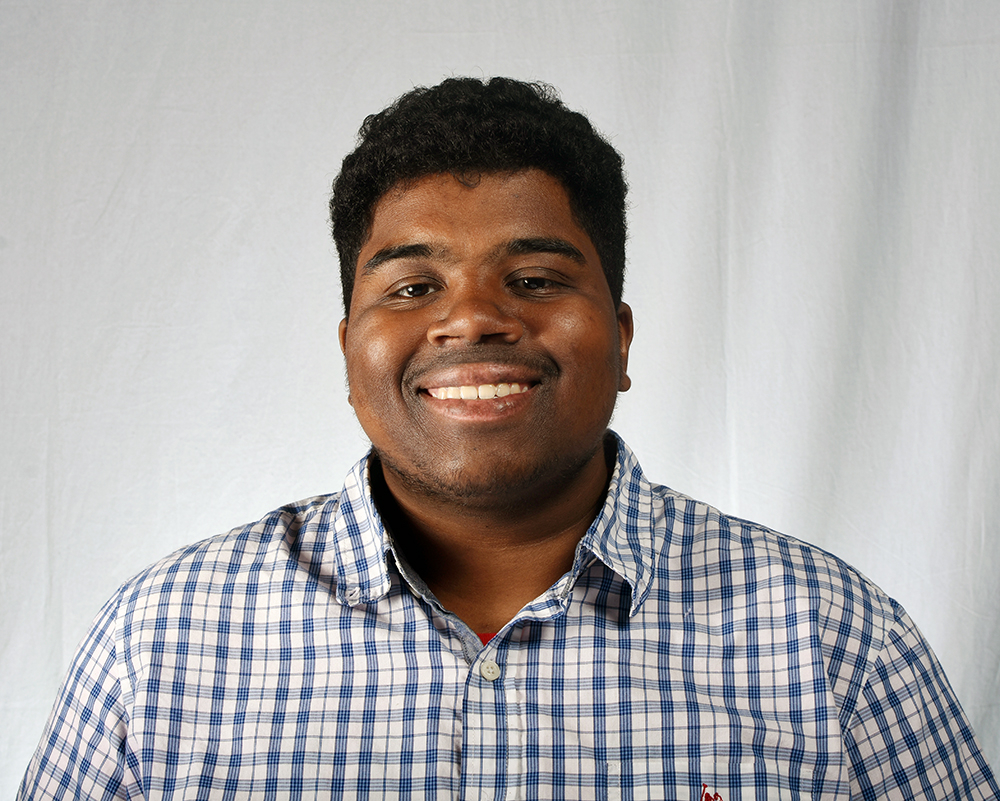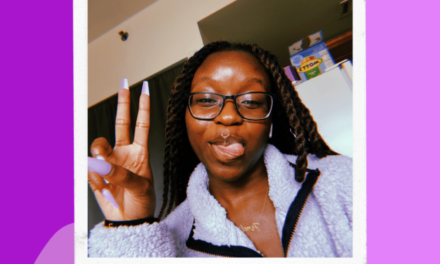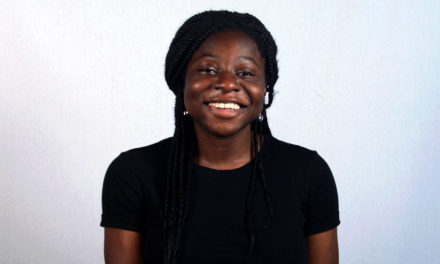Shawn Fredericks | Correspondent
Apathy is defined as a lack of interest, enthusiasm or concern. Dear reader, please pay attention to that last word: concern. In the black community, there is a trend of apathy toward issues that we selectively do not feel we, as a community, should concern ourselves with.
I am writing this because I feel it is therapeutic to name our ghosts and demons. Apathy is a ghost that plagues many communities around the world. However, I want to highlight how a fraction of the modern-day black community, unfortunately, speaks often of struggles but does little, if anything, to beat the struggles of groups we don’t identify with.
That is not a knock on any leader or activist; it’s knock on those who expect to live their lives reaping benefits while other people do the work. Cause lets keep it all the way authentic: a lot of black people on this campus only rep black lives matter when it’s a hot topic on social media and don’t show up for others when it matters.
A “Defend DACA” rally was held at NC State immediately after the Trump administration announced it would rescind DACA. What happened at the DACA rally would not happen in the days of Martin Luther King Jr. and Malcolm X. On that day, very few leaders of black organizations showed up. I could not, for the life of me, understand how or why leaders who often express frustration with systematic oppression did not feel the need to make their presence known when systematic oppression hit their fellow students.
We undermine the values of the black community when we do not embody and act upon those values. When we are silent on injustices that befall other communities, we become part of the oppression instead of its liberators.
I have heard people express sentiments that certain issues should stay an issue for one particular community to solve; however, in the words of the great Martin Luther King Jr. “Injustice anywhere is a threat to justice everywhere.” If oppression is allowed on one community, then oppression can be tolerated when it spreads to other communities.
When the black community highlights our own issues, we want support for our cause. So how can we as a community want the support of others whilst at the same time turning a blind eye to issues affecting other minority communities? It is hypocrisy. And it is a hypocrisy that must be corrected in order for us to move forward to ending the systemic oppression of people of color.
I want to throw this last point out here: DACA is not just a Latinx issue, but an issue that affects people of all different pigmentations. It includes black immigrants from all over the African diaspora. According to the Black Alliance of Just Immigration, about 575,000 black immigrants are affected by DACA. Additionally, black immigrants are already disportionately deported. BAJI Deputy Director Carl Lipscombe was quoted in The Nation saying, “Black immigrants comprise just 5 percent of the overall immigrant population, but 21 percent of those deported as a result of criminal contact. (A similar disparity) holds true when we look at detention rates.”
Although it should not take these statistics to call people into action, I want to highlight this for those in the black community who feel this is not an issue we need to speak up about. As a community that celebrates Pan-Afrikan Week, we need to be woke and active on this DACA issue. Let me be more specific: for the people who do nothing for the black community here at NC State and only show up to party for Pan-Afrikan Week, treating such a high ideal of unity across the African diaspora as an excuse to party for a week shames not just this community but our ancestors and predecessors. So please, when you’re called to action, answer and execute.





